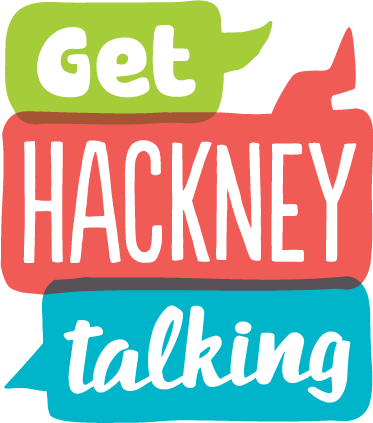What is DLD?
DLD stands for Developmental Language Disorder. Having DLD means that you have significant, on-going difficulties understanding and/ or using spoken language, in all the languages you use.
- This diagnosis may be given from the age of 4, depending on the child’s risk factors.
- There is no known cause of DLD which can make it hard to explain. DLD is not caused by limited exposure to language.
- A child or young person with DLD may also have other difficulties, such as speech sound difficulties, poor attention, a quiet personality or behaviour difficulties.
- DLD is not caused by other medical conditions, such as, hearing loss, physical impairment, Autism, severe learning difficulties or brain injuries. However children with these other difficulties may also have a Language Disorder.
What signs may a child/ young person with DLD show?
- Late to babble
- Able to say single words but difficulties putting 2 words together
- Poor understanding of what others say to them
- Hard for others to understand what the child is saying
- Limited use of verbs (verb examples: eating, climbing, painting)
- Difficulties learning and remembering words, instead using words such as ‘it’, ‘there’, ‘that one’.
- Difficulties using grammatical markers such as _ing ending on the end of verbs (for example playing), or adding ‘s’ to mark plurals (for example 1 cat, 2 cats)
DLD looks different in each individual child. The child’s specific difficulties can also change as they get older due to the child requiring more complex language skills for learning.
How will this affect my child?
- DLD is a long term condition that can have a big impact on a child/ young person’s learning and achievement once they start school.
- Children with DLD are at risk of reading difficulties when they reach school age.
- Sometimes DLD can affect children’s social interaction skills and their ability to make and keep friends.
- Children with DLD often learn and understand better through visual and/or practical methods, rather than verbal methods. For example, learning the names of foods by looking at them in the supermarket, holding them and smelling them, rather than being told the words verbally.
How can you support your child at home?
- Get your child’s attention – say their name before asking questions or giving instruction so they know when to listen
- Ensure your child can see your face to support their attention and listening
- Use simple language and repeat if necessary to support memory and provide as many opportunities for them to hear, see and use words
- Talk slowly and emphasise the important words to support their ability to process words
- Give your child more time to respond to help them process information
- Use of symbols – provide a picture and/or use gestures to represent new words or concepts to support their understanding visually
- Encourage your child to communicate with you however they can, accept gesture, pointing, facial expression
- Check they have understood instructions or new information
- Help them learn skills to join in with other children. For example, playing games at home to support turn taking and listening to others
Speech and Language Therapy Service in Hackney
Children with DLD in Hackney may be able to access extra support from Speech and Language Therapists and Specialist Teachers.
Who to contact
Pre-school children can be seen by a Speech and Language Therapist in the Early Years Team at nurseries or in Children’s Centres.
Children who are in Nurseries in Hackney schools may be seen by their school’s Link Speech and Language Therapist and can be referred via the school’s SENCo.


